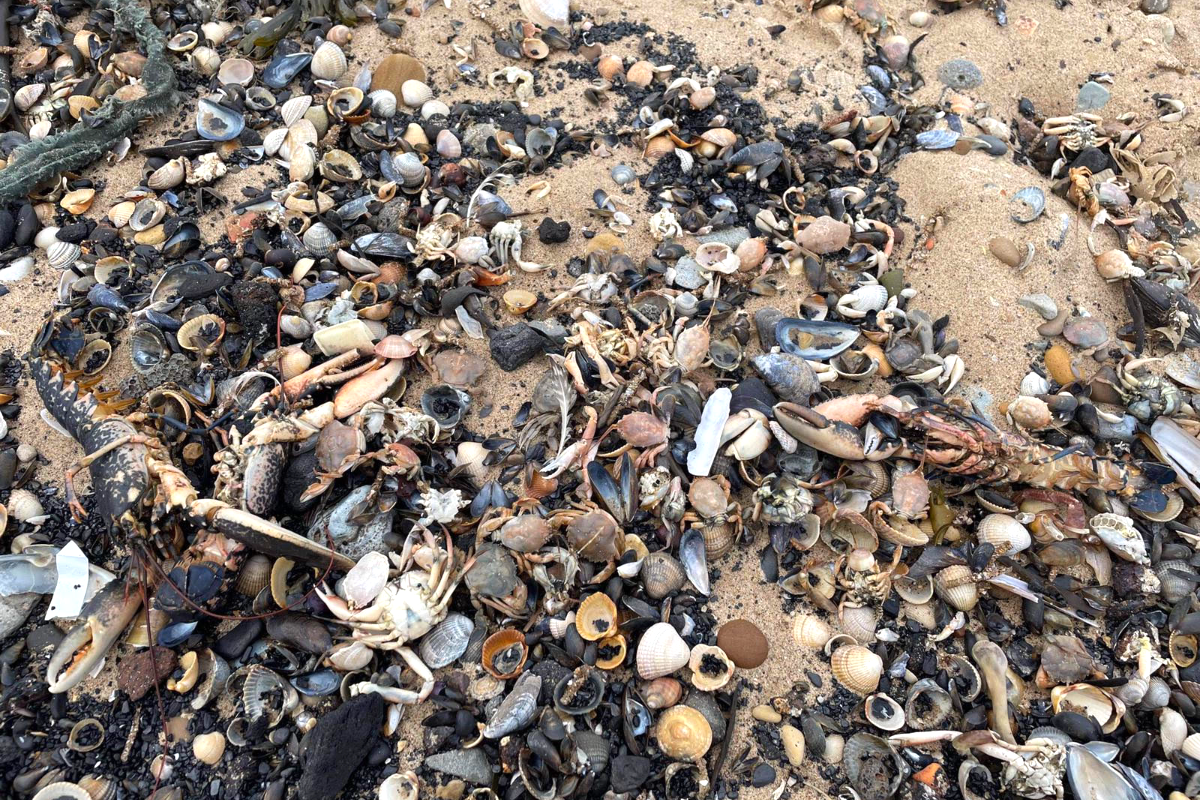
Bosses at North Yorkshire Council have endorsed the findings of a special working group that looked into shellfish deaths off the North East and North Yorkshire coast.
At a meeting on Tuesday, September 16, senior councillors backed calls for a reduction in bureaucracy in the management of marine ecosystems, and supported calls for affected fishermen to receive financial support.
The report by a working group, made up of several councils in the region, detailed the ‘catastrophic’ impact that the crustacean die-offs in 2021 had on fishing communities, including in Whitby and Scarborough.
Speaking at the meeting, Coun Richard Foster, Executive Member for Managing the Environment, said:
“I fully support all of the recommendations, especially about the complexity of the different agencies’ responsibility for marine life.”
No definitive cause was found, with fishermen claiming it was linked to the dredging of the River Tees, while the Department for Environment, Food and Rural Affairs (Defra) originally said it was likely to be due to naturally occurring harmful algae.
In 2023, North Yorkshire Council supported calls for a public inquiry into the crustacean die-offs, and a public inquiry was formally requested by the working group in July 2024.
However, Defra advised that an inquiry was unlikely to provide substantial new insights due to the length of time since the initial incident.
Coun Micahel Harrison, Executive Member for Health and Adult Services said:
“I’m aware of the complexity around this and it’s clear there were never any definitive conclusions as to what caused it, but the impacts can be seen very clearly.”
At a committee meeting this summer, councillors also called for a national reduction of red tape to improve responses to future crises, after thousands of dead marine creatures, including crabs, started washing up between Hartlepool and Whitby in 2021.
The working group – made up of councillors from Redcar and Cleveland, Hartlepool, Middlesbrough, North Yorkshire, and Stockton councils – found that:
“The event had impacted extremely negatively on the mental health and livelihoods of members of the fishing community and was described as a fight for survival for our ecosystem, community and tourism,”
The report made nine recommendations:
- Further research does require to be undertaken in the fields of marine and river ecology and of its management. Defra and Cefas have initiated further research and it is imperative that relevant work be expedited to establish a greater understanding of the coastal environment, the pressures that bear upon it and the management structures that are best fitted to monitor and manage.
Reports should be peer reviewed and placed in the public domain in a timely manner.
All research that is being undertaken by Government agencies, scientific institutions,companies and sponsored individuals should be acknowledged and accessible for reference. The complexity of relationships needs to be simplified so that any future events of a similar nature can be more readily addressed.
- The Working Group commends the efforts of the lobster hatchery approach to improve stocks. The work being conducted at hatcheries in Whitby and Bridlington is to be commended and encouraged. Further hatcheries require to be evaluated to ensure that the restocking of lobsters is maintained to support a sustainable future for the inshore fishing industry. Similar efforts to restore the population of crabs should also be explored.
- Evidence received from academics, NEIFCA and the fishing community suggests that there are broad ecological implications from the incident. The Working Group to write formally to government agencies requesting that that the general ocean environment in the region be monitored to assess recovery. It is also recommended that scientific sampling work that is being undertaken in inland waterways in Yorkshire be extended to the River Tees water way catchment area.
- The Working Group to request monitoring of progress made towards the Defra commissioned investigations. In particular, the key line of enquiry relating to preparedness for future incidents.
- Given that the MMO advises 'relevant restrictions may be attached in the form of conditions to marine licenses granted by the MMO following consultation with bodies including the EA' it is requested that the MMO be required to review current standards to ensure robustness, especially in areas affected by legacy contaminants. Levels of testing related to dredging licensing were advised as being in line with international standards and agreements. The frequency of testing and the periods during which they might be conducted did not appear to be stringent enough in environments where historic contamination had been identified. The deposition sites for dredged materials vary for maintenance and capital dredging. Both permitted distances should be reevaluated where historic levels of pollution have been highlighted and where current bed core sampling suggests potential pollutants, either in singular form or potential interactive form. Strong consideration should be given to ensuring land deposition be prioritised for capital dredging.
- The current governance arrangements are incredibly complex. The Working Group recommends that efforts are made to improve collaboration, and a process instigated to ensure that local authorities can productively engage with appropriate stakeholders.
The current areas of responsibility for the maritime coastal area surrounding the British mainland do need to be reviewed. The number of organisations would appear to be too great. The interaction between such organisations does not appear to be effective conducive to confidence building or ease of communication and understanding.
A restructuring of the overall maritime management to reduce organisation numbers, better clarify remits, welcome public scrutiny and operate in a robust and timely manner is a requirement in need of prompt action.
- The Working Group noted that there were occasionally errors in process administration and some confusion in relation to dredging activity. The Group recommends that attention be given to ensuring robust administrative processes are in place and ready independent audit.
- Sampling is only required on a 4-yearly basis, and consideration should be given to increasing the rate in the Tees, especially in view of the industrial legacy of the area. Risk assessments did not take into account the local sites of special scientific interest, which should not be omitted in future assessments. Waterways are dynamic environments that require further understanding, and there is a need to continue to explore water quality. Further engagement needs to be made with all companies responsible for water management.
- The Working Group will not be continuing under its existing remit. Although no firm findings have been revealed to confirm the reasons for the Crustacean Die Off the deliberations of the Working Group have identified a real requirement for local authorities to be better advised of maritime matters where land boundaries border coastal or river environments.
Elected members would benefit from greater awareness of maritime legislation, organisational structure, and effective lines of communication and respective authorities should facilitate.
There is a perceived need to continue to engage with government agencies. This could be achieved through existing frameworks, but these do need to be robust. The reinstatement of the Annual Coastal Forum should be considered, with a appropriate remit.
A review of how local authorities are involved with and relate to relevant maritime organisations, either through Elected Member or Officer representation. Communications with members of the public require improvement. All government agencies and all relevant local authorities should be conscious of that responsibility and seek to be better informed and communicative on matters maritime and environmental.
The report for the executive committee concluded
“It is felt important to seek formal endorsement of the final report at each of the five local authorities represented as part of the Working Group, so that it can be forwarded to relevant stakeholders and government agencies, with a request to consider how the proposed report recommendations might be implemented.”
NYC’s leader, Councillor Carl Les, thanked councillors Derek Bastiman and David Chance for their participation in the working group.
The full report is available at https://edemocracy.northyorks.gov.uk/documents/s56585/2025-09-16%20Report%20of%20the%20Crustacean%20Deaths%20Working%20Group.pdf



 Scarborough Athletic Stunned By Minnows in Senior Cup
Scarborough Athletic Stunned By Minnows in Senior Cup
 Pickering and Filey MP Criticises Government for ‘Unfair’ Rural Funding Settlement
Pickering and Filey MP Criticises Government for ‘Unfair’ Rural Funding Settlement
 East Riding to Introduce Weekly Food Waste Collections Amid Long-Term Funding Fears
East Riding to Introduce Weekly Food Waste Collections Amid Long-Term Funding Fears
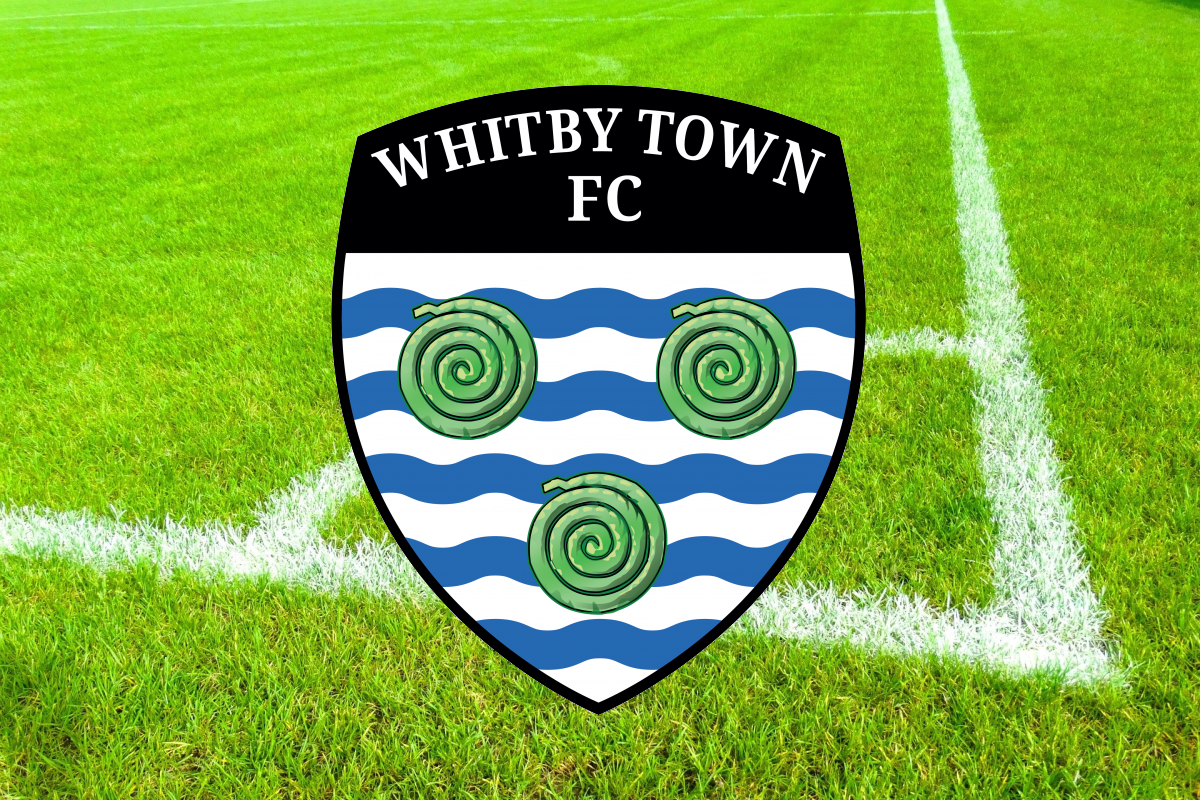 Whitby Town Again Hit By Second Half Slaughter
Whitby Town Again Hit By Second Half Slaughter
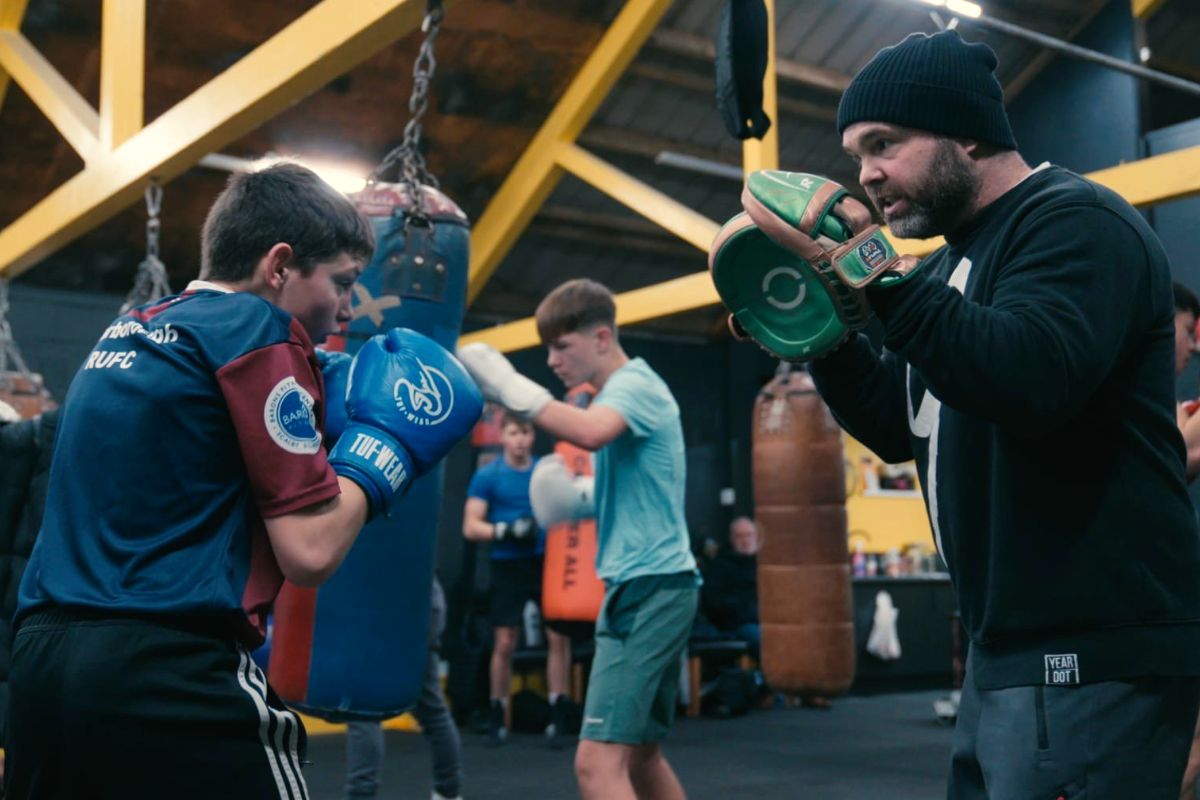 Eastfield Boxing Club Film to Get Scarborough Premiere
Eastfield Boxing Club Film to Get Scarborough Premiere
 Scarborough Café and Flat Plans Opposed by Town Councillors
Scarborough Café and Flat Plans Opposed by Town Councillors
 Bridlington Town Beaten Again Despite Improved Showing
Bridlington Town Beaten Again Despite Improved Showing
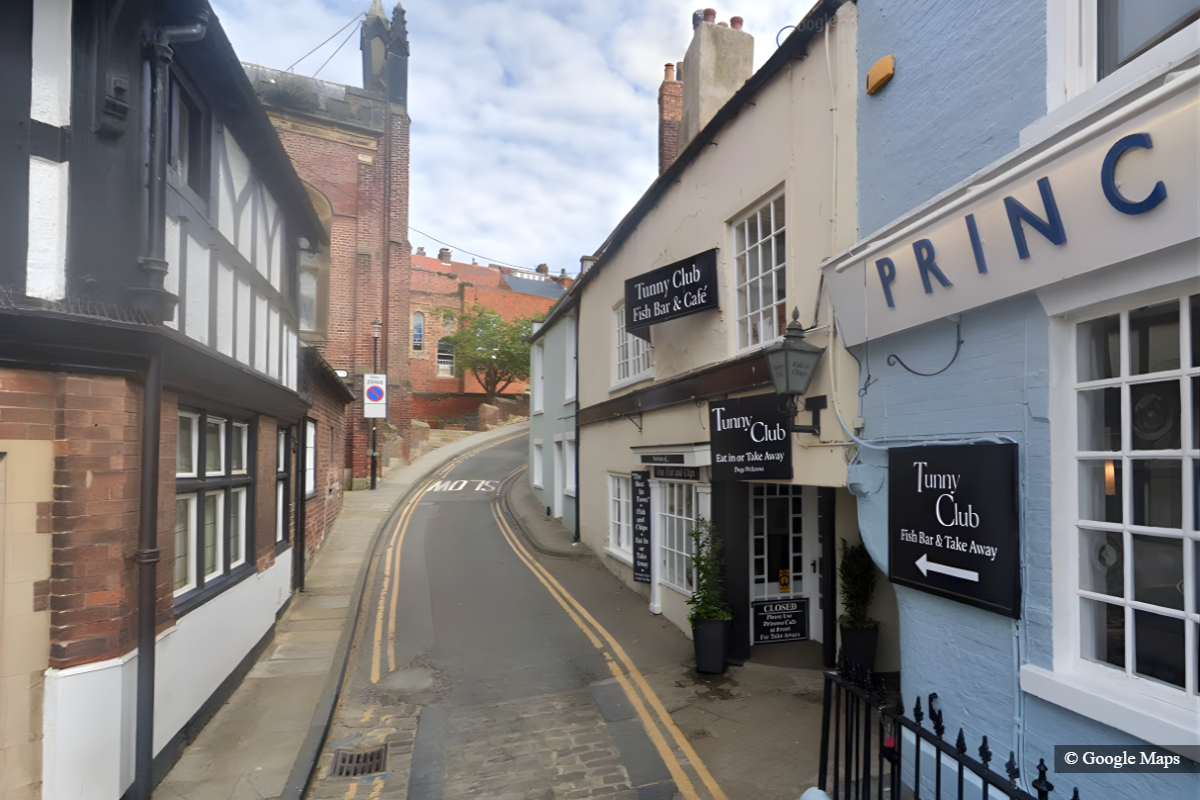 Scarborough Chip Shop's Alcohol Bid Approved Despite Concerns
Scarborough Chip Shop's Alcohol Bid Approved Despite Concerns
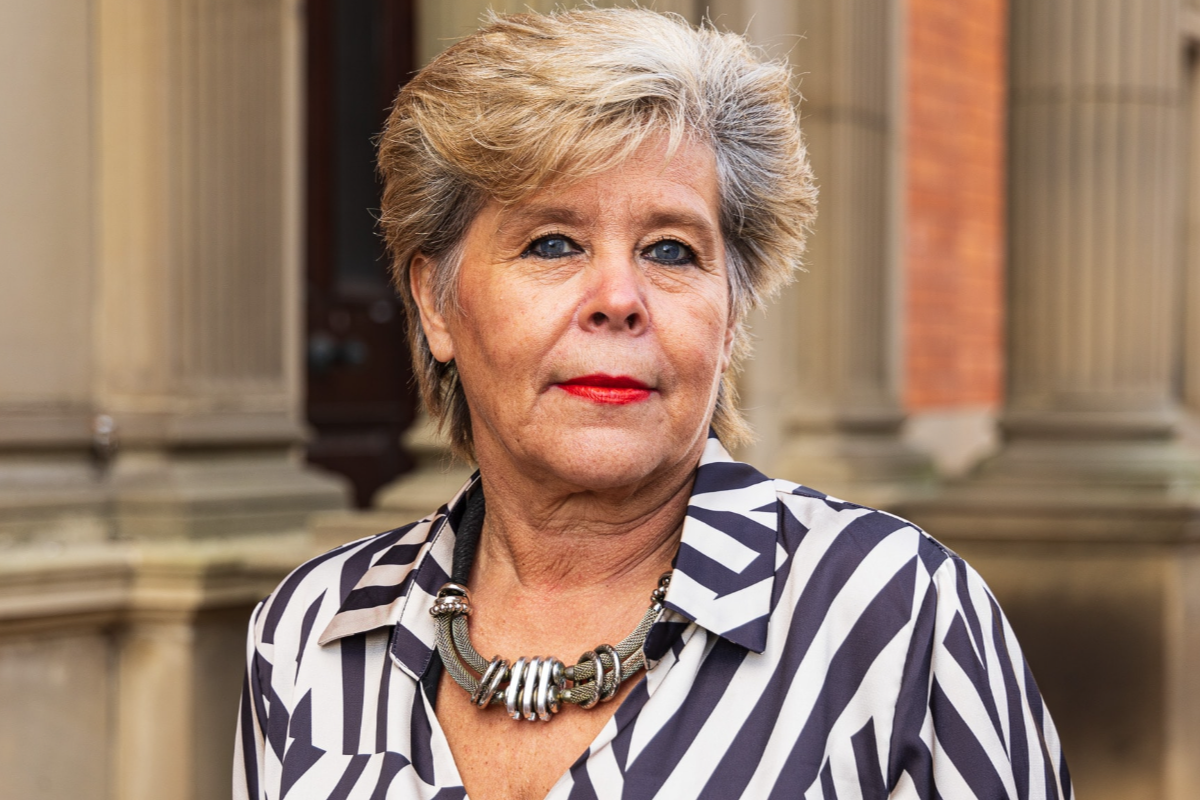 East Riding Leaders Sound Alarm Over Government's 'Fairer Funding' Review
East Riding Leaders Sound Alarm Over Government's 'Fairer Funding' Review
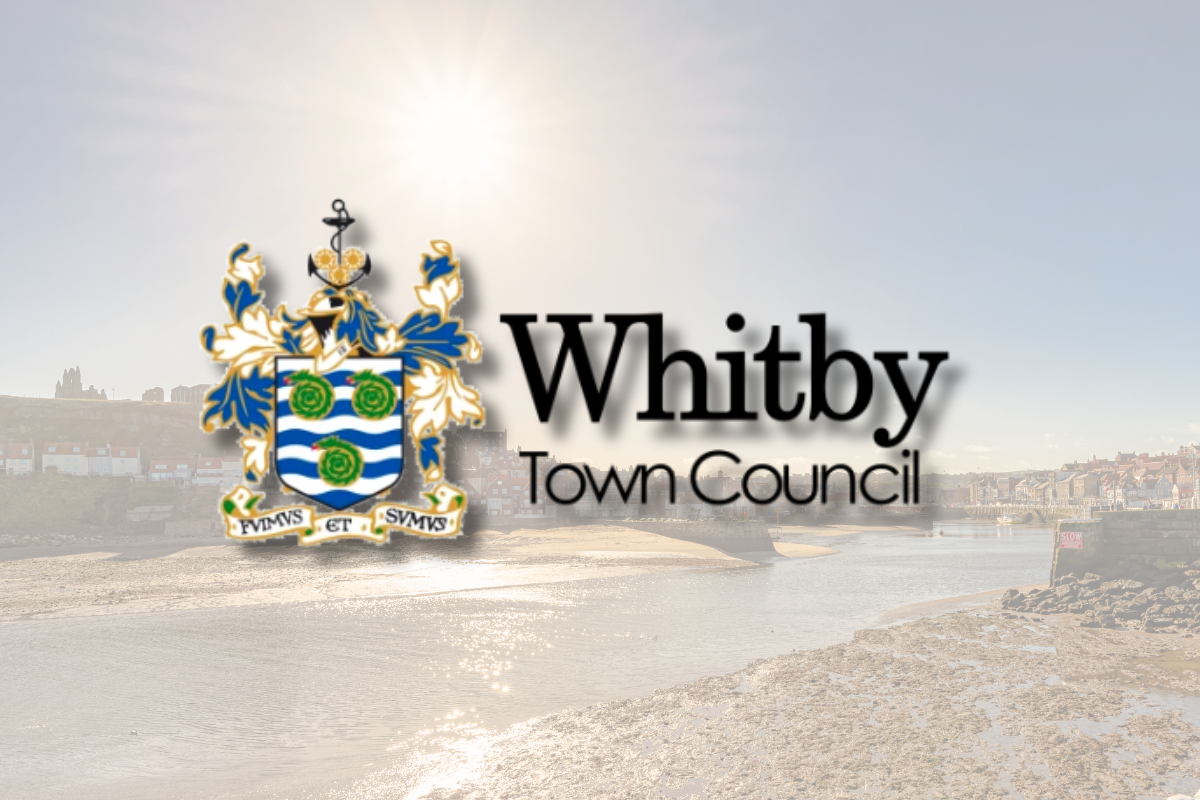 Precept Increase Proposed for Whitby Residents in Draft Budget
Precept Increase Proposed for Whitby Residents in Draft Budget
 North York Moors Park Authority Agrees Move to New £4m HQ
North York Moors Park Authority Agrees Move to New £4m HQ








Comments
Add a comment